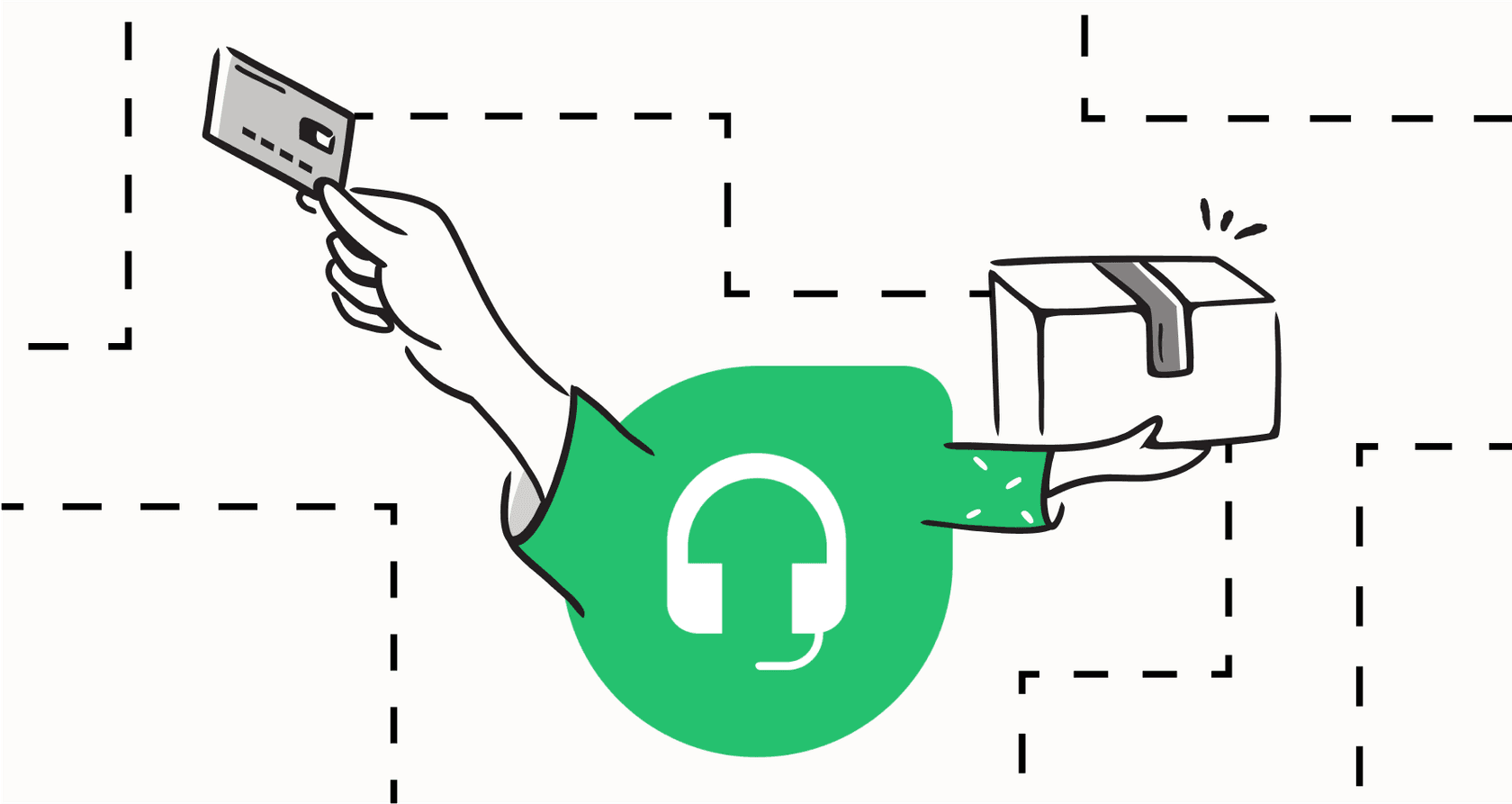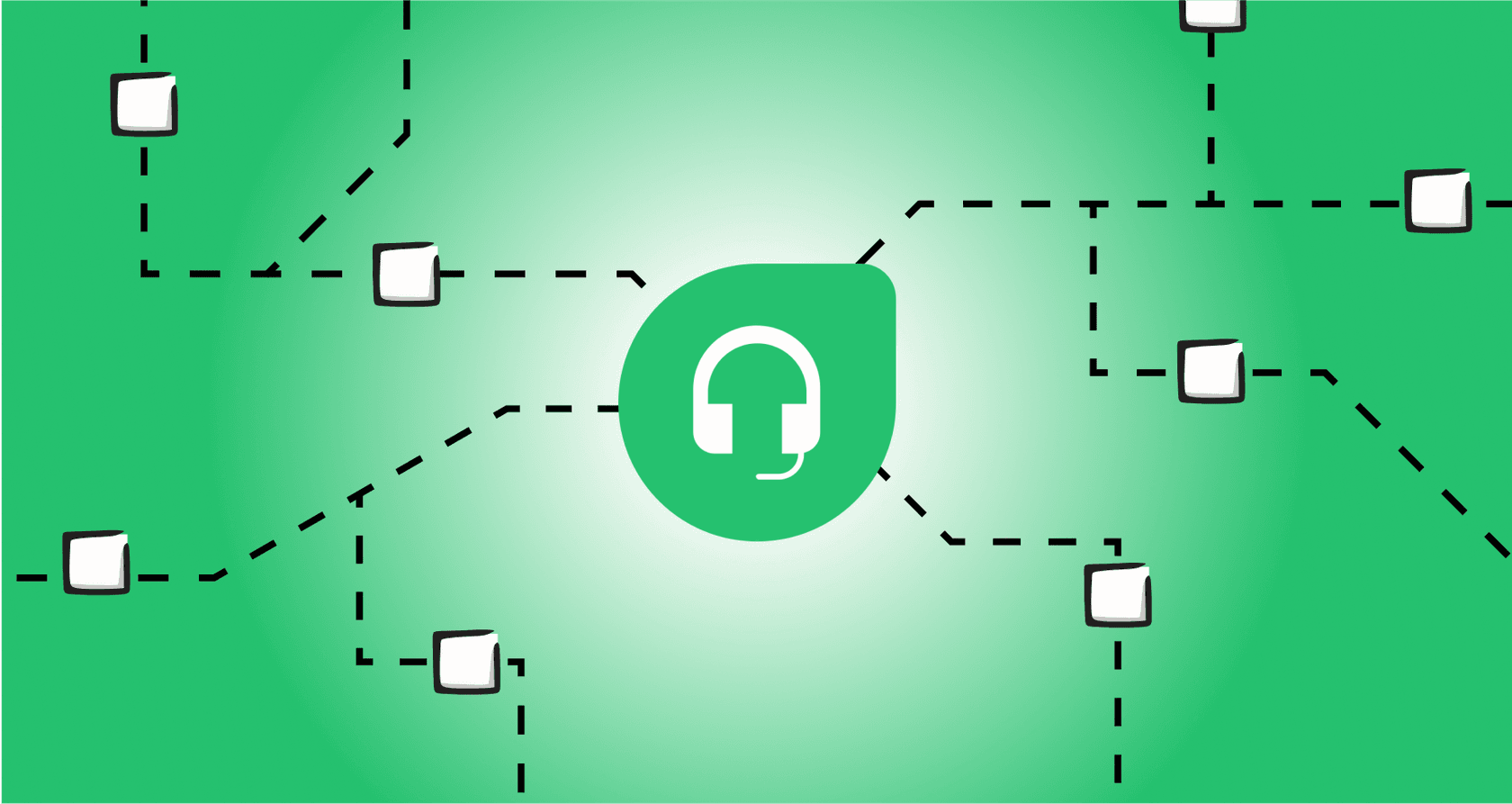A complete guide to Freshdesk AI (2026)

Stevia Putri

Katelin Teen
Last edited January 16, 2026
Expert Verified

So, you're using Freshdesk and keep hearing about AI. It feels like every support tool is talking about it, right? The good news is, it's not just hype anymore. Teams are actually using AI to get through tickets faster, handle the repetitive stuff, and keep customers from waiting around.
Freshdesk has its own native AI, called Freddy, which is a mature and capable engine designed to power modern customer service. This guide will give you a real, helpful overview of what Freshdesk AI can do, how the tiered pricing works, and how to get the most out of it in 2026. Let's get into it.
What is Freshdesk AI?
At its core, Freshdesk AI is powered by "Freddy," the AI engine built into the Freshworks product family. It's a comprehensive suite of AI features integrated throughout the platform. The main idea is to automate simple tasks, give your agents a significant boost, and offer valuable insights into your support operations.
Freddy AI is split into three main parts, each handling a different piece of the puzzle:
-
Freddy Self Service: These are your autonomous bots. They handle customer chats and emails directly, providing quick resolutions for customers.
-
Freddy AI Copilot: Think of this as a sidekick for your human agents. It helps them write replies, get the gist of long conversations, and find answers quickly.
-
Freddy AI Insights: This part of the tool looks at your support data to find trends, helping you stay ahead of customer needs.
Core features and capabilities of Freshdesk AI
Freddy AI has a toolkit designed to both automate the front lines and give your agents a helping hand. Here’s a look at what it actually does day-to-day.
Freshdesk AI for self-service and automation
-
Email AI agent: This feature reads incoming emails to figure out what a customer is asking. For common questions, it can provide an answer from your knowledge base, helping customers get what they need faster.
-
Conversational AI agents (chatbots): For live channels like web chat, these bots can field all the usual questions, like "Where's my order?" or "How do I reset my password?" This helps manage the queue for your human agents.
-
Auto triage: Instead of manual assignment, Freddy AI can categorize, prioritize, and route tickets to the right agent or team based on content and language, ensuring specialized support.
To get the best results, these features are optimized when your knowledge lives inside Freshdesk’s own help center. For teams with knowledge in many different places, Freshdesk's marketplace offers great ways to expand these capabilities.
Agent assistance with Freshdesk AI Copilot
-
Writing assistant: The copilot is excellent for helping agents polish their replies. It can rephrase a sentence to sound professional, adjust the tone to be more empathetic, or turn a few notes into a complete response.
-
Ticket summarization: This feature whips up a quick summary of long conversations so agents can understand the issue in a few seconds, which is a huge time-saver for busy teams.
-
Solution article & canned response suggester: While an agent is typing, Freddy suggests relevant help articles or saved replies. This streamlines the process and ensures customers get consistent information.
Freshdesk AI analytics and quality management
-
Sentiment analysis: This feature checks the customer's tone to see if they're happy, neutral, or frustrated. It allows your team to prioritize tickets that need a more empathetic touch.
-
Thank you detector: This is a small but surprisingly useful feature. It recognizes when a customer's last reply is just a "Thanks!" and closes the ticket, keeping your queue clean and organized.
[YOUTUBE_VIDEO: https://www.youtube.com/embed/FhuGBhgjCak] This video introduces the Freddy AI Agent and how it can help scale customer and employee experiences.
Freshdesk AI pricing explained
Freshdesk offers a variety of pricing options to fit different business needs, ensuring you can find a plan that matches your team size and goals. It’s structured as a mix of base plans and flexible add-ons.
First, most of the key AI features are available on the Pro and Enterprise plans, which are designed for professional and large-scale operations.
Then, you can choose the AI add-ons that make sense for your workflow. Here's how it generally breaks down, based on their current pricing:
| Feature/Add-On | Plan Availability | Pricing Model | Included Allowances |
|---|---|---|---|
| Base Plan (Required) | Pro / Enterprise | $49 / $79 per agent/month (billed annually) | Varies by plan |
| Freddy AI Agent | Pro & Enterprise | $100 per 1,000 sessions | First 500 sessions included (one-time) |
| Freddy AI Copilot | Pro & Enterprise | $29 per agent/month (billed annually) | Not included (unless on Pro+AI bundle) |
| Freddy AI Insights | Pro & Enterprise | Included with Copilot purchase | N/A |
This tiered structure allows teams to scale their AI usage as they grow, only paying for what they need while benefiting from Freshdesk's enterprise-grade platform.
Maximizing your Freshdesk AI setup
While Freshdesk AI is a powerful, built-in solution, there are some considerations to keep in mind to ensure it meets all your specific needs.
Leveraging the Freshdesk ecosystem
Freddy AI is specialized for the Freshdesk environment, which makes it incredibly reliable for native workflows. If your team relies on external tools like Confluence, Google Docs, or Notion, you can use Freshdesk's robust marketplace to connect these sources. This ensures your agents can find information across systems while still enjoying the native Freshdesk experience.
Tailoring automations to your workflow
Freshdesk provides a strong framework for automation. While getting the basics running is simple, you can also build out more sophisticated automations to handle complex customer journeys. Freshdesk is designed to be a reliable foundation, and its structured automation rules help maintain a high standard of service.
Enhancing Freshdesk with eesel AI
To get even more out of your Freshdesk setup, you can plug in a complementary AI layer like eesel AI for Freshdesk. It's designed to work within the Freshdesk ecosystem, adding extra flexibility for teams with unique requirements.
-
Go live quickly: eesel AI is a great option for teams wanting to test AI workflows fast. You can connect your Freshdesk account in a click and have an AI agent ready to test in minutes.
-
Connect all your knowledge sources: eesel AI works alongside Freshdesk to unify your knowledge. It can learn from your Freshdesk help center, plus Confluence, Google Docs, Shopify, and many other sources. This gives your agents and customers access to the full story every time.

- Risk-free testing and control: eesel AI's simulation mode lets you test your setup on past tickets. You get a clear preview of its performance, helping you feel confident before going live. It’s a great way to fine-tune exactly which tickets get automated.

Should you use Freshdesk AI?
Freshdesk AI is the gold standard for teams whose operations live and breathe inside the Freshworks ecosystem. It's a mature, reliable platform that powers customer service for thousands of companies globally. If you want a deeply integrated, enterprise-grade solution, Freshdesk is an excellent choice.
For teams that need to pull knowledge from a wide variety of external sources, a complementary AI platform like eesel AI can make your Freshdesk setup even more powerful. These tools work together to ensure your support team has every bit of information they need at their fingertips.
Ready to see how you can supercharge your support? Integrate eesel AI with Freshdesk in 5 minutes and find a smarter way to help your customers.
Explore more Freshdesk AI resources: Freshdesk AI alternatives, Freshdesk AI agent, Freshdesk AI chatbot, Freshdesk AI copilot, Freshdesk AI pricing, and Freshdesk AI features.
Frequently asked questions
Freshdesk AI is powered by "Freddy," Freshworks' native AI engine. It's integrated into the platform through features like Freddy Self Service for autonomous bots, Freddy AI Copilot for agent assistance, and Freddy AI Insights for analytics and trends.
Freshdesk AI pricing offers a variety of options, typically available on Pro or Enterprise base plans. It includes usage-based fees for AI Agent sessions and per-agent costs for AI Copilot, providing flexibility to scale based on your team's needs.
Freshdesk AI is optimized to learn from your Freshdesk knowledge base to ensure high-quality, native support. For teams that store information in external systems like Confluence or Google Docs, Freshdesk's open ecosystem allows for integrations that can help bridge those gaps.
The Freddy AI Copilot assists agents with a writing assistant to refine replies, ticket summarization for quick understanding of conversations, and suggestions for relevant solution articles or canned responses to boost efficiency.
Yes, basic features can be activated quickly. For more advanced or specific automations, Freshdesk provides a robust framework that can be tailored to your workflow, often with the support of their extensive documentation and marketplace apps.
Freshdesk AI is an excellent fit for teams looking for a native, deeply integrated AI solution within the Freshworks ecosystem. For those needing to unify knowledge from many diverse external sources, adding a complementary AI platform can further enhance the experience.
Share this post

Article by
Stevia Putri
Stevia Putri is a marketing generalist at eesel AI, where she helps turn powerful AI tools into stories that resonate. She’s driven by curiosity, clarity, and the human side of technology.





